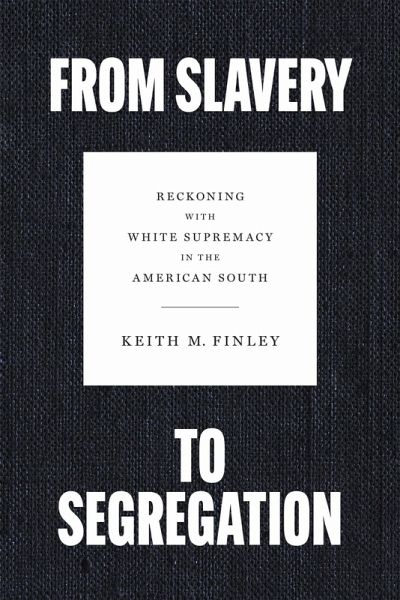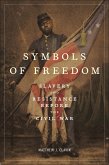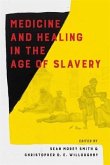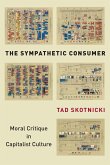"Historiography in all fields of southern history is vibrant yet missing abundant scholarship that unites the disparate threads of the region's history. A prime example of this trend is that historians studying slavery generally only examine the Old South, whereas civil rights scholars exclusively explore the modern South. Overall, historians make little effort to fuse these focused studies into the contextual swirl of events that either preceded or followed the topics they address. With but few exceptions, these two eras in the region's history are inherently linked but invariably treated as discreet entities in the literature. Bucking this trend, Michael Perman's Pursuit of Unity: A Political History of the American South (2012) offers a sweeping synthesis that underscores the presence of common threads that unite different eras of the region's political history, including the one-party and filibuster traditions. Pursuit of Unity adopts a broad thematic assessment of southern politics that engagingly weaves together the Old and New Souths. Keith Finley's "From Slavery to Segregation" adopts Perman's sweeping scope but focuses on white southern identity over the expanse of the nineteenth and twentieth centuries as explained in the region's pro-slavery and pro-segregation arguments. Finley treats the South's two racial systems as part of the same whole rather than discrete developments rooted in different periods. He highlights the most salient and oft-repeated themes used in defense of the South's two principal racial regimes. To the non-academic audience, his work provides a broad overview of southern racial and political thought, revealing the larger American struggle with racial injustice, which, although most pronounced in the South, impacted the entire nation. The South's defense of its first racial system of slavery became a natural model for the defense of its second, segregation. According to Finley, a comparative analysis of the rhetoric employed in defense of both racial institutions reveals elements of continuity and change in the region's identity. Ultimately, he suggests that the history of the twentieth-century South is irreparably linked to the century before it. The Old South and the New South shared a similar constellation of ideas that informed arguments defending their respective race-based orders, both of which took the form of a commonality of perception among white residents regarding race, a sense of being assailed by outsiders, and a series of appeals to the highest secular authority in the pantheon of regional, and American, beliefs-the Constitution. Finley's masterful synthesis of the rhetoric employed in defense of slavery and segregation reveals the intellectual shackles that once bound the region and must never be permitted to return. His study, the first to offer a detailed analysis of the intellectual traditions that buttressed the South's racial orders over the past three centuries, will be welcomed by southerners and Americans grappling with the South's racial inheritance"--
Hinweis: Dieser Artikel kann nur an eine deutsche Lieferadresse ausgeliefert werden.
Hinweis: Dieser Artikel kann nur an eine deutsche Lieferadresse ausgeliefert werden.








